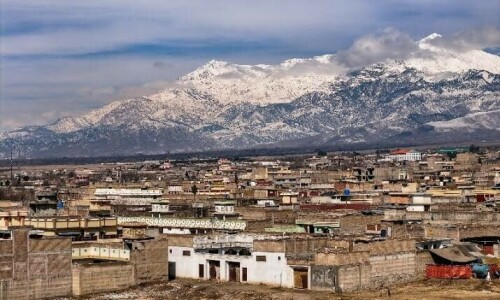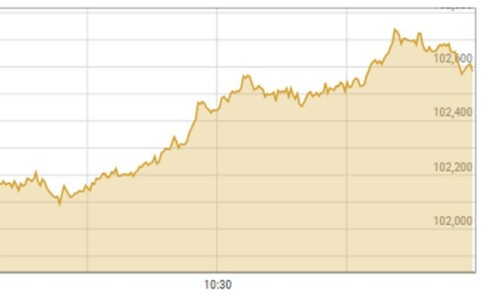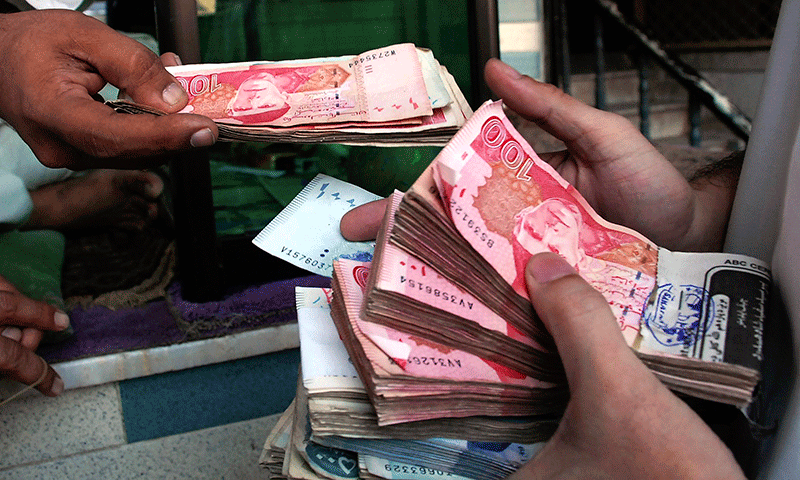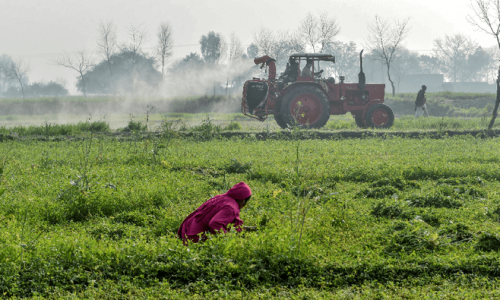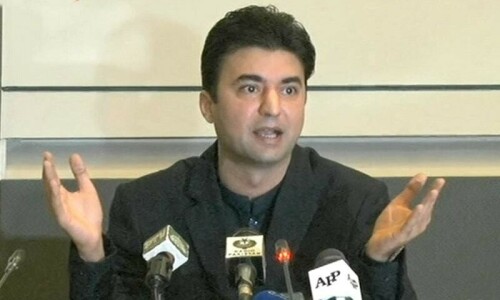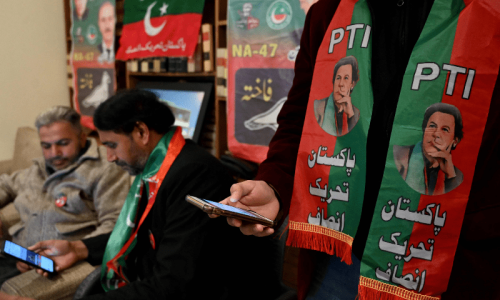RAWALPINDI: What have Demi Moore, Bruce Willis, underage drinking and Pakistan's only beer maker got in common?
It was the arrest of the Hollywood stars' daughter in New York with a can of Murree Brewery's beer last June that propelled the company out of obscurity and into the spotlight.
Inundated with emails asking about its beer, Murree Brewery seized on the free publicity to launch expansion plans outside the Muslim nation, where alcohol is banned and those that do drink can become targets of Taliban militants and other Islamist fundamentalists.
Five months since the arrest, the 150-year-old company says it has lined up distributors that could see its flagship beer arrive on liquor store shelves in the United States and Dubai as early as the first quarter of next year.
“Demi Moore and Bruce Willis' daughter gave us multi-million dollars worth of publicity by default. We plan to go to the United States and make a queue to hug both the daughter and the mother,” Sabih ur Rehman, special assistant to the chief executive, joked with Reuters.
Murree Brewery, established in 1860 by British colonial rulers to supply beer to their troops, is desperately looking for business overseas to hedge against its uncertain domestic market. Prohibition was imposed in Pakistan in 1977, and non-Muslims and foreigners must obtain a government permit to purchase alcohol at designated retailers, mainly upscale hotels.
It also produces a line of juices and non-alcoholic drinks, but is prohibited from advertising its beer, whisky, gin and other liquor products.
Relying on word of mouth and an influx of thirsty diplomats and foreign investors, annual alcohol sales have grown an average of 20 percent over the past five years, reaching $26.8 million in the 2012 financial year. The company's stock is up 175 per cent so far this year, trading at 160 rupees on Nov. 13, far outpacing the 42 per cent rise in the Karachi Stock Exchange benchmark 100-share index.
Despite its strong sales, the company's net profit after taxes rose a mere 1 per cent year-on-year to 525 million Pakistan rupees ($5.48 million) for the year ended June 30, due to an increase in alcohol taxes and rising labour costs.
Living in Fear
Murree Brewery's chief executive, Isphanyar Bhandara, lives in constant fear that authorities will shut down alcohol production at any moment as Pakistan drifts towards a more conservative interpretation of Islam.
“Pakistan is moving more and more to the right. That is not good for Pakistan and not good for us,” said the 39-year-old executive at his office in Rawalpindi, a military city just outside the capital, Islamabad.
“Each day we are allowed to survive, that is a blessing.”
The brewery, which employs 1,100 people, is located within the headquarters of the Pakistani Army and across the street from the residences of the country's top military commanders, making it arguably the most protected brewery in the world.
To ensure survival, it has turned to a European brewery to produce its beer for overseas consumption due to a government ban on alcohol exports, which was eased just recently.
The Pakistani brewery said it has reached an agreement with the Czech Republic's Zatec Brewery initially to produce at least 5,000 cases, each containing 24 bottles of Murree Beer, annually from next year. That amount will double in 2015, Rehman said.
However, the managing director of Zatec Brewery, Martin Kec, said he knew nothing of this arrangement and his firm had only produced a very small amount of Murree Beer in the past.
Murree Brewery also said it has lined up distributors in Texas, Dubai and Denmark to market and sell its lager under franchise agreements, and is looking for partners in Britain and other European countries. “We are virgins and we are looking for husbands,” said Bhandara, whose family is from the country's non-Muslim Parsi minority.
But Murree Beer faces a difficult road as a new player in the crowded U.S. and European markets, dominated by the industry's “big four” — Anheuser-Busch InBev, SABMiller, Heineken and Carlsberg.
The company's last attempt to break into Western markets failed after it was forced to end its partnership with an Austrian brewery due to high costs and logistical problems.
Analysts say a few tabloid headlines will not be enough to be successful and Murree will also need a multi-million-dollar promotional campaign. It is also unclear the type of consumer they are trying to sell their beer to, since most Pakistanis living abroad are Muslim and unlikely to drink alcohol.
“They are never going to be anything but a very niche player. It's unlikely they will be able to push as hard as major brewers with their own niche lagers,” said a London-based stock analyst, who asked not to be identified because he did not cover Murree Brewery.
But company officials are hopeful, particularly for the US market. “Americans will drink anything. They are like fish,” Rehman said.


